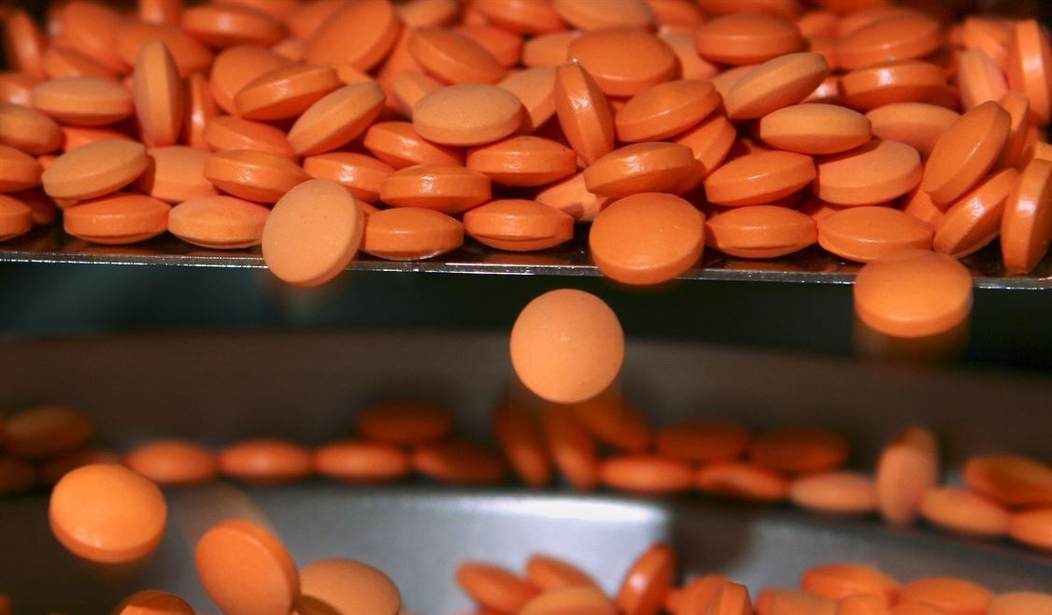Cystic fibrosis patients just got some life-changing news.
The FDA approved Trikafta, a breakthrough therapy for the disease, which causes a life-threatening buildup of mucus in the lungs and digestive tract. Before Trikafta, most patients didn't have any treatment options.
And more drug innovation is on the way. Right now, there are 1,120 cancer therapies, 132 Alzheimer's drugs, and 200 treatments for heart disease and stroke in the works.
We have America's strong intellectual property laws to thank for these budding breakthroughs.
Drug development is risky. It takes more than a decade and $2.6 billion, on average, to bring one new drug to market. IP protections give investors a chance to recoup this capital so they can continue developing new therapies.
But now some American politicians are fighting for weaker IP laws. These lawmakers believe robust IP protections keep drug prices high.
They're wrong. Gutting IP protections would be a mistake. Without them, research would come to a halt and patients would suffer.
Consider how few experimental drugs and promising medical compounds make it to patients. Just over 10 percent of medicines that enter clinical trials ultimately win FDA approval.
Strong IP protections make this gamble worthwhile. These laws grant drug makers a period of market exclusivity so they can recover development costs and maybe even turn a profit. Those funds support future drug development.
Our IP laws have made the United States the world leader in biopharmaceutical discovery. In fact, U.S. drug companies receive more venture capital investment than firms in any other nation. As a result, American labs are responsible for more than half of all drugs in development worldwide.
Recommended
Moreover, our patients have unmatched access to the newest therapies thanks to our robust IP standards. For instance, American patients have had access to nearly all new cancer medicines launched since 2011. And cancer death rates have declined by 27 percent since 1990 thanks to these therapies.
But not every country values IP like we do. Some countries cap what they're willing to pay companies for drugs. This government price setting, which is common in Europe, dramatically curbs drug development. Consider that in the 1970s, Europe produced 55 percent of new medicines. Once government price-setting became the norm, that number fell sharply. Now European labs produce just one-third of all new drugs.
Patients are the biggest losers when it comes to price-setting.
In the short term, drug innovators hesitate to launch novel drugs in markets dictated by government price setting. That's why price-setting nations like Ireland and the Czech Republic, respectively, have access to just 40 percent and 36 percent of medicines introduced since 2011.
And in the long term, price-setting depletes the funds companies use to pursue new research and development projects. If that happens, today's terminal diseases might stay incurable.
Worse still, some in Congress want to weaken America's IP standards. House Speaker Nancy Pelosi recently released her drug pricing reform package that adopts government price-setting measures and ties Medicare reimbursements to the prices paid in a handful of foreign nations. The Senate Finance Committee released a similar bill this summer.
Such reforms would be as disastrous at home as they are abroad. Speaker Pelosi's package alone is estimated to cost drug manufactures $1 trillion over the next decade. That's money that firms otherwise could've put towards new medicines.
Rather than weakening IP protections at home, lawmakers should nurture America's innovation ecosystem to improve treatment access for Americans and patients around the world.
























Join the conversation as a VIP Member